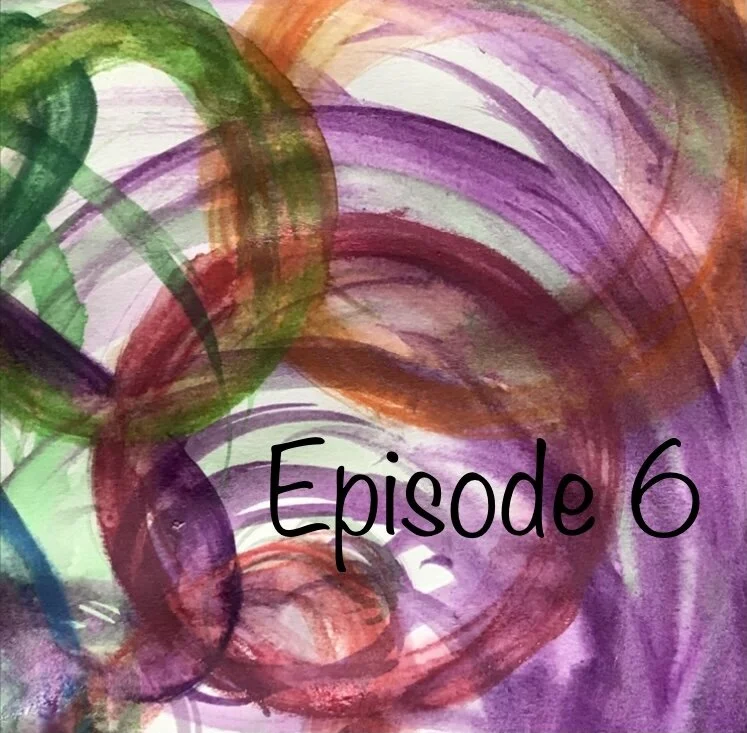“Making knowledge is not simply about making facts but about making worlds… in the sense of materiality engaging as part of the world in giving it specific material form.”
(Barad 2007, p. 91)
Audacious hope (Duncan-Andrade, 2009) is about boldness to learn as community and act in a way that means ‘justice’ is love in public in Dr. Cornell West’s words. Where our collective ‘solidarity’ enables practices of ‘radical healing’ and co-sensing ourselves as part of community; as part of collective wellbeing. The hope Duncan-Andrade (2009) proposes through educational practice encompasses the vital necessity of healing and grieving in togetherness and that both grief and healing are expressions of hope. Through audacious hope there is an ethical consciousness to know and explore the epistemological and ontological concepts that shape ‘realities’ and that these too must always be in dialogue. Our ability to sense and see injustice, feel suffering and bare witness to each other’s lived experiences is when community can become conscious of the collective agency for co-creative ‘world-making’.
“It matters what concepts we use to think concepts” (Blaser & De La Cadena 2018, p. 6).
“It matters what stories we tell to tell other stories” (Haraway 2019, p.10).
It matters what presence we share with one another and what the quality of that presence is. For audacious hope every life matters, every concept matters, every story matters because they are entangled in world-making and the potentiality of every community and connected being to flourish. As a teacher under scrutiny for exam results, competing on league tables and meeting curriculum targets there is less and less space, time or openness for audacious ‘world-making’. To make room in one’s lesson for a dialogue or a moment of sensing-making/meaning-making and where young voices can authentically share their lived experience is precious. Those moments are openings of audacious hope, where connection, grief, healing, differences and resonances can be explored safely and where a ‘shift’ occurs in our social fields and where affect has profound presence.
References:
Barad, K. (2007) Meeting the Universe Halfway.
Blaser, M. and De La Cadena, M. (2018) introduction: Pluriverse - Proposals for a World of Many Worlds
West, C. (unknown date) from Saad, L. (2020) Me and White Supremacy
Duncan-Andrade, J. (2009) Note to Educators: Hope Required when ‘Growing Roses in Concrete’
Haraway, D. (2019) Introduction to “The Carrier Bag Theory of Fiction”- Ursula K. Le Guin
